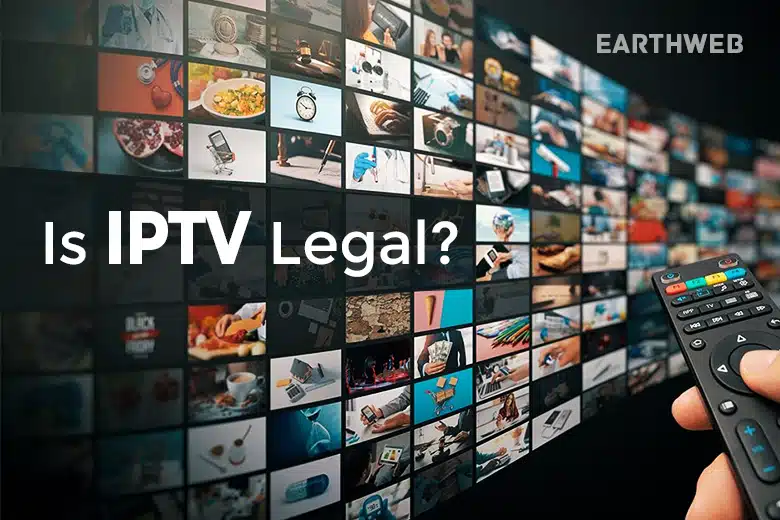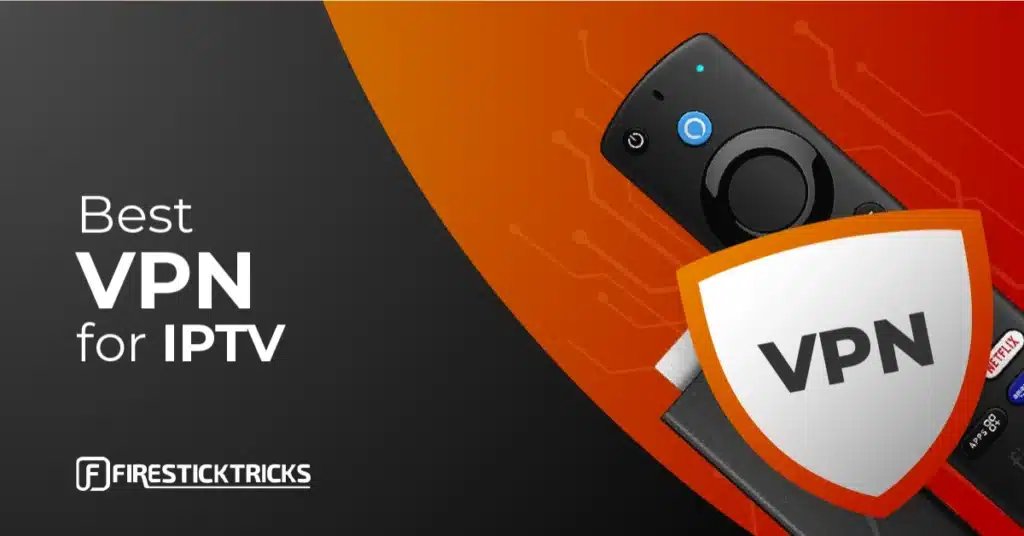
Is IPTV Legal in USA?
Introduction
Understanding IPTV Technology
IPTV (Internet Protocol Television) has emerged as a popular choice for consumers seeking a more personalized and flexible television experience. Unlike traditional television broadcasting, IPTV utilizes internet protocol to deliver content to users, allowing for on-demand viewing and interactive features. It functions by streaming media content over an internet connection, bypassing the need for satellite or cable TV.
How IPTV Differs from Traditional Television Broadcasting
The key distinction between IPTV and traditional television broadcasting lies in the mechanism of content delivery. While traditional TV relies on satellite signals or cable infrastructure, IPTV is streamed over an internet connection. This shift in delivery method opens up a myriad of possibilities, such as the ability to access content across multiple devices, including smartphones, tablets, and smart TVs.
Advantages of IPTV for Users
IPTV offers numerous advantages to users, which have contributed to its growing popularity. One of the main benefits is the flexibility of content consumption. Users can watch their favorite shows and movies whenever and wherever they want, without being tied to traditional TV schedules. Additionally, IPTV allows for personalized content recommendations based on user preferences, creating a more tailored viewing experience. Moreover, it eliminates the need for recording devices or physical media, as content can be accessed directly from the internet.
The Legal Framework Surrounding IPTV in the USA
Copyright and Intellectual Property Laws
As with any form of media distribution, copyright and intellectual property laws play a crucial role in determining the legality of IPTV. Copyright infringement occurs when copyrighted television shows, movies, or other forms of media are distributed without proper authorization. In the context of IPTV streaming, this occurs when unauthorized parties provide access to copyrighted content through their platforms.
To ensure compliance with copyright laws, content providers and distributors in the IPTV industry must navigate various legal considerations. Acquiring the necessary licenses or permissions to distribute copyrighted content is vital in establishing legal IPTV services. Failure to do so can lead to severe legal consequences.
Challenges in Enforcing Copyright Laws in the Digital Era
Enforcing copyright laws in the digital era presents unique challenges. The borderless nature of the internet makes it difficult to regulate and trace the origins of IPTV streams. Additionally, unauthorized IPTV services often operate from jurisdictions with lax copyright enforcement, making it even more challenging to curtail their activities. The rise of peer-to-peer streaming and the vast number of streaming platforms further compound the issue, making it harder to track and take action against infringing individuals or entities.
Evaluating IPTV Services for Legality
With the proliferation of IPTV services, it becomes crucial for users to differentiate legal providers from illegal operations. Legal IPTV providers obtain licenses and permissions to distribute copyrighted content, ensuring that they adhere to copyright laws. On the other hand, illegal IPTV services offer unauthorized access to copyrighted material without obtaining proper permissions or licenses.
To safeguard against inadvertently using illegal IPTV services, users must exercise caution when choosing their IPTV provider. Conducting thorough research, reading user reviews, and verifying the legitimacy of the provider can help users avoid potential legal ramifications.
Case Studies: Legal Consequences for IPTV Piracy
Numerous high-profile legal cases have shed light on the consequences of IPTV piracy. In these cases, individuals or entities involved in operating illegal IPTV services faced severe legal repercussions. The outcomes of these cases often included hefty fines, prison sentences, and the seizure of assets.
Legal enforcement efforts against IPTV piracy have grown substantially in recent years. Collaborations between law enforcement agencies, content creators, and copyright holders have aimed to tackle the issue head-on. The impact of these enforcement efforts extends beyond the illicit IPTV providers themselves and has ripple effects throughout the IPTV market and consumer landscape.
Legal Alternatives to IPTV Piracy
Over-the-top (OTT) Streaming Services
Over-the-top (OTT) streaming services provide a legal alternative to IPTV piracy. These services operate by delivering content over an internet connection, similar to IPTV. However, they differ in that they partner with content creators and distributors to offer legal access to a wide range of movies, TV shows, and other media.
With popular OTT streaming platforms like Netflix, Hulu, and Amazon Prime Video, users can enjoy a vast library of content legally. These platforms prioritize licensing agreements, ensuring that they have the necessary permissions to distribute copyrighted material. While OTT services may require a subscription fee, they offer users a legal and convenient option for accessing their favorite shows and movies.
Subscription-based Streaming Services
In addition to OTT platforms, several subscription-based streaming services cater specifically to IPTV needs. These services ensure that users can access live television channels, sports events, and other broadcast content legally. Examples of such services include Sling TV, YouTube TV, and Hulu with Live TV.
When comparing subscription-based streaming services, users should consider factors such as the availability of desired channels, hardware compatibility, and pricing. The affordability and accessibility of legal streaming options make them an attractive alternative to IPTV piracy.
Addressing Consumer Concerns and Complaints
As with any service, consumer concerns and complaints may arise in the IPTV market. Ensuring a positive customer support experience and service quality is crucial for maintaining consumer satisfaction. Legal IPTV providers should prioritize responsive customer support, addressing any technical issues promptly. By maintaining transparency and clear communication, providers can establish trust and loyalty among their user base.
Redress mechanisms, such as refund policies and escalation processes, are crucial for handling consumer complaints effectively. Resolving issues in a timely and satisfactory manner not only benefits individual consumers but also helps maintain the overall integrity of the IPTV market.
Future Implications and Developments in IPTV Legality
Evolving Legal Frameworks and Regulations
The landscape of IPTV legality continues to evolve with the constant introduction of new legal frameworks and regulations. Legislative efforts are being made to address the challenges posed by IPTV piracy. These efforts often involve strengthening copyright laws, streamlining enforcement procedures, and establishing clearer guidelines for legal IPTV providers.
Collaborative initiatives between content creators, distributors, and regulatory bodies aim to combat illegal IPTV activity more effectively. By working together, these entities can pool resources and knowledge to curtail unauthorized IPTV streaming and protect the rights of copyright holders.
Technological Solutions and Anti-Piracy Measures
The development and implementation of technological solutions are crucial in enhancing copyright protection in the IPTV industry. Digital Rights Management (DRM) systems can help ensure that copyrighted content remains secure and is only accessible through authorized channels. Such systems use encryption and access control measures to prevent unauthorized distribution or reproduction.
Finding the balance between anti-piracy measures and consumer convenience is a challenge that industry stakeholders must address. While it is essential to protect the rights of content creators and copyright holders, it is equally important to provide users with a seamless and user-friendly IPTV experience.
Anticipating the Future of IPTV in the USA
Looking ahead, the future of IPTV in the USA appears promising. The market is projected to witness significant growth and is expected to bridge the gap between traditional television broadcasting and IPTV. As content consumption habits evolve, IPTV providers must adapt to changes and offer innovative solutions to meet consumer demands.
Shaping the legal landscape for IPTV involves numerous challenges and opportunities. Overcoming the hurdles posed by piracy and ensuring fair compensation for content creators will be critical in nurturing a sustainable and thriving IPTV industry.
Summary and FAQs
Summary of the Legality of IPTV in the USA
In summary, the legality of IPTV in the USA hinges on complying with copyright and intellectual property laws. While legal IPTV providers obtain licenses and permissions to distribute copyrighted content, illegal IPTV services offer unauthorized access to copyrighted material. Consumers can safeguard against using illegal IPTV services by conducting thorough research and verifying the legitimacy of providers.
Frequently Asked Questions (FAQs)
- Are all IPTV services legal in the USA?
- No, not all IPTV services are legal. It is essential to differentiate between legal and illegal IPTV providers to avoid legal ramifications.
- What are the penalties for using illegal IPTV services?
- Penalties for using illegal IPTV services can include fines, imprisonment, and the seizure of assets. Legal consequences vary depending on the jurisdiction and severity of the offence.
- How can consumers ensure they are using legal IPTV services?
- Consumers can ensure they are using legal IPTV services by researching providers, reading user reviews, and verifying the legitimacy of the service.
- Is it possible for legal IPTV services to be shut down?
- Legal IPTV services can face shutdown if they are found to be in violation of copyright laws or fail to obtain the necessary licenses and permissions.
- What steps are being taken to combat IPTV piracy in the USA?
- Various steps are being taken, including legislative efforts to strengthen copyright laws, collaborative initiatives between stakeholders, and the implementation of technological solutions to enhance copyright protection.

